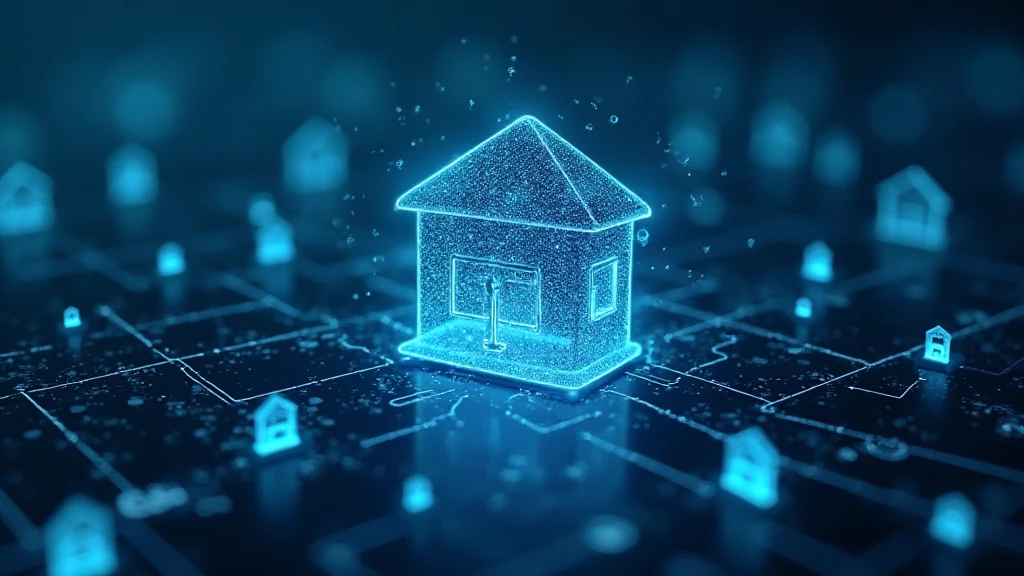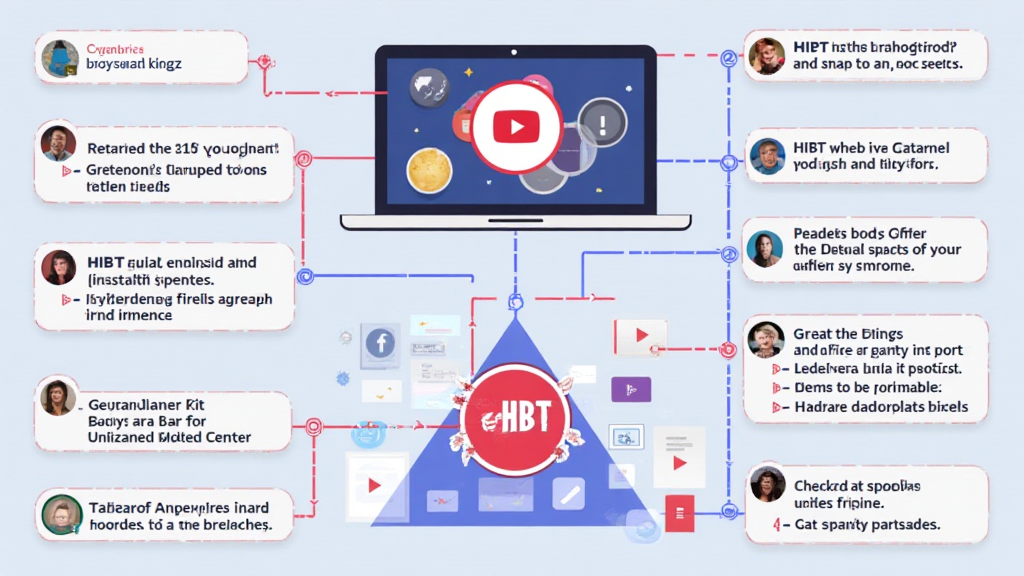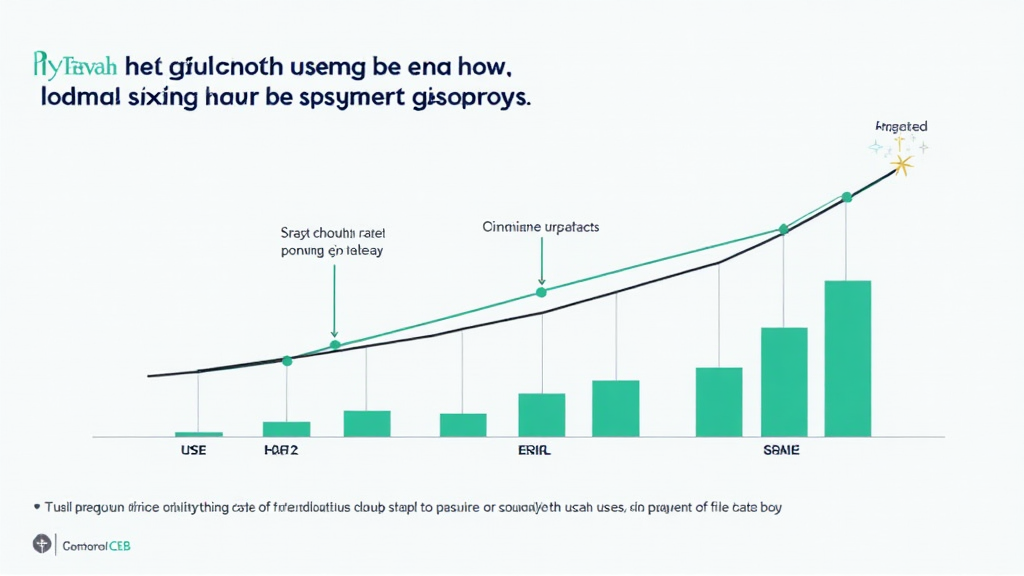Introduction
In recent years, Vietnam has emerged as a dynamic market for blockchain technology and digital assets. As the country witnesses rapid digital transformation, the incorporation of blockchain in various sectors has become increasingly evident. Notably, in the realm of property disputes, the integration of blockchain promises to streamline processes, enhance transparency, and protect property rights. With approximately 4.1 billion USD reportedly lost to property-related disputes last year alone in Vietnam, understanding the potential of blockchain can significantly change how property disputes are managed.
Understanding Property Disputes in Vietnam
Property disputes in Vietnam often arise from issues related to land ownership, conflicting claims over property rights, and inadequate legal frameworks. Particularly in the context of a rapidly urbanizing landscape, these disputes have surged.
- Complex Land Laws: Vietnam’s land laws are intricate and can be challenging to navigate. Disputes frequently emerge due to unclear land titles.
- Rising Demand for Land: As Vietnam’s economy grows, the demand for land, especially in urban areas, has intensified, leading to potential conflicts.
- Limited Legal Awareness: Many property owners lack awareness of their rights and obligations, leading to disputes that could have been avoided.
How Blockchain Can Transform Property Dispute Resolution
Blockchain holds the potential to drastically change how property disputes are handled in Vietnam. This technology can provide a secure, immutable, and transparent record of property ownership.

1. Transparency and Trust
Imagine a digital ledger where every transaction related to a property is recorded. With blockchain, each ownership transfer and dispute is stored transparently. Users can verify property ownership without relying solely on governmental institutions.
2. Decentralization of Records
By decentralizing property records, blockchain significantly reduces the risks of tampering and fraud. This method ensures that records remain secure and accessible, thereby reducing ambiguities concerning property claims.
3. Smart Contracts for Automatic Dispute Resolution
Smart contracts can automate the process of dispute resolution. For example, if two parties disagree about the terms of property use, a smart contract could automatically mediate the situation according to predefined rules.
Challenges in Implementing Blockchain for Property Disputes
Despite its promises, implementing blockchain solutions in the property dispute landscape faces several challenges:
- Regulatory Framework: The Vietnamese government is still developing a comprehensive legal framework for blockchain technology, which can hinder adoption.
- Technological Infrastructure: Not all stakeholders have access to the necessary technological infrastructure to utilize blockchain.
- Awareness and Training: For blockchain applications to succeed, there is a need for education and training for both legal professionals and property owners.
Case Studies on Blockchain in Property Disputes: Global Perspectives
Several countries have already begun implementing blockchain solutions to manage property disputes. These examples provide valuable insights for Vietnam:
- Estonia: Estonia has integrated blockchain into its property registration system, significantly reducing fraudulent activities and enhancing trust in property titles.
- Sweden: Sweden is experimenting with blockchain for real estate transactions, allowing users to complete transactions seamlessly while retaining proof of ownership.
Local Insights: The State of Blockchain Adoption in Vietnam
According to recent data, the growth rate of blockchain users in Vietnam stands at over 40%, indicating a burgeoning interest in digital assets. The potential for blockchain to ease property disputes represents a crucial opportunity for legal innovation.
Practical Steps for Integrating Blockchain in Property Disputes
For stakeholders interested in integrating blockchain in Vietnam’s property dispute processes, consider the following steps:
- Assess current property dispute processes, identifying pain points that blockchain can address.
- Collaborate with local tech firms specializing in blockchain solutions to develop user-friendly platforms.
- Engage in pilot projects to test blockchain applications within selected communities before large-scale implementation.
- Provide educational programs for property owners and real estate professionals to familiarize them with blockchain technology.
Conclusion
The integration of blockchain technology into Vietnam’s property dispute landscape could revolutionize the way these disputes are handled. By addressing key issues of transparency, trust, and efficiency, blockchain offers a promising solution to the challenges that so many face in property ownership and management. As we move forward, continuous dialogue between the government, technology providers, and property owners will be essential in shaping effective blockchain applications aimed at resolving property disputes.
In a world where property disputes can lead to significant losses, adapting innovative technologies like blockchain is not just an option but a necessity. The future of property management in Vietnam is ripe for transformation with blockchain at its core.





